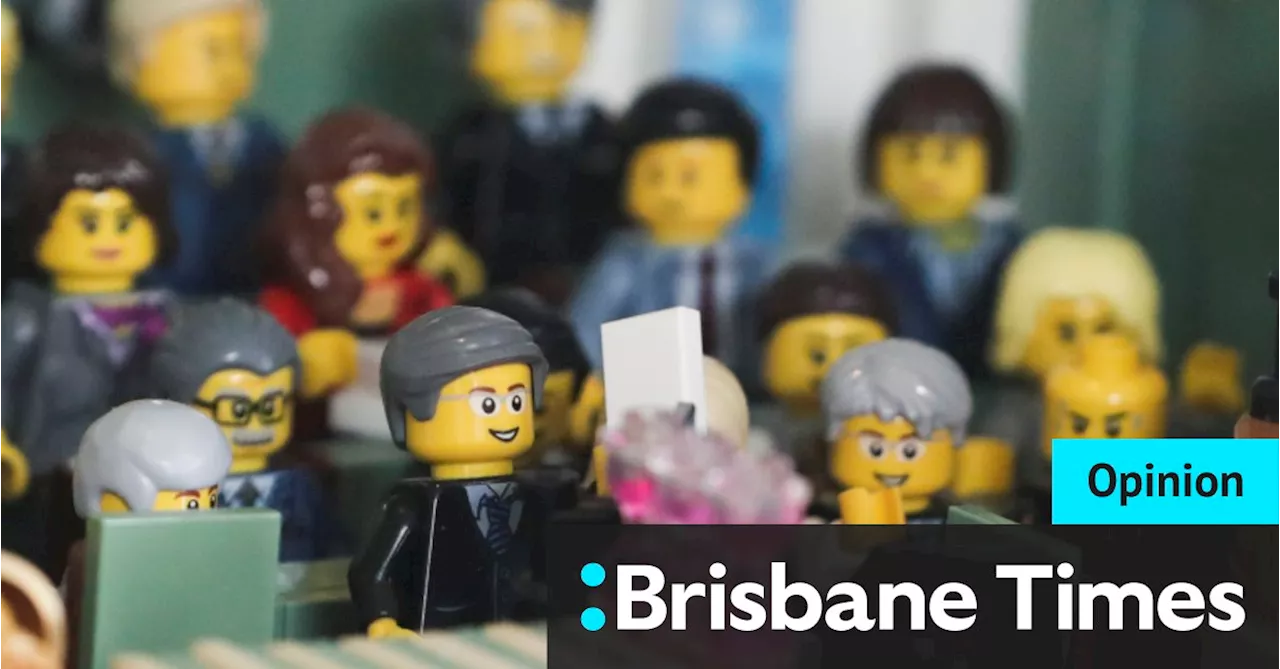The e61 Institute, founded by economists Andrew Charlton and Greg Kaplan, is a unique organization dedicated to bridging the gap between academic research and policymaking in Australia. Using microdata and rigorous analysis, e61 provides valuable insights into a range of critical issues facing the country.
For all the havoc it has wreaked, the pandemic brought some unexpected benefits, including the rise of hybrid working and the birth of e61, a novel institute dedicated to bridging the gap between academic economics and policymaking. e61, named after Australia's international dialing code, represents a break from decades of siloed research and policy. Traditionally, academics and policymakers have operated in separate spheres.
Top academic talent often departs Australia for institutions in the US or UK, while policymakers may lack the time or inclination to delve into complex research. Although some politicians, like Dr. Andrew Charlton, a federal Labor MP with a doctorate in economics from Oxford University, bridge this divide, they are rare. Charlton, alongside University of Chicago economics professor Greg Kaplan, founded e61 during the pandemic, recognizing the need for a platform that combines rigorous research with practical policy insights. e61 attracts and develops Australian economists, including those who have gained experience overseas. The institute's economists use microdata – anonymized but detailed information about individuals, households, and businesses – to provide valuable insights not only to policymakers but also to the wider public. Their work has illuminated various critical issues facing Australia, from the impact of non-compete clauses on wage growth to the costs of caregiving and the barriers to stronger supermarket competition. e61's findings have influenced top-level policy discussions, appearing in House of Representatives economics committee inquiries and submissions. Yet, funded by organizations like the Susan McKinnon Foundation and the Macquarie Business School, e61's research is freely accessible to all. This open approach allows the public to gain a deeper understanding of how economics plays out in the real world, moving beyond theoretical abstractions.One of e61's key projects, led by Matthew Elias, explored consumer behavior in Australia's highly concentrated supermarket sector. Elias' research revealed that consumer inertia – a reluctance to switch supermarket brands – is a significant factor contributing to the sector's lack of competition. Despite the presence of multiple supermarket providers in many areas, shoppers tend to stick with familiar brands, particularly Coles and Woolworths, which control about 67% of supermarket retail sales nationally. Elias' findings suggest that the lack of shopping around reduces pressure on supermarkets to offer competitive prices and quality.Jack Buckley, Ewan Rankin, and Dan Andrews, meanwhile, investigated non-compete clauses – agreements that restrict employees from working for competitors even after leaving their current job. Their research indicated that these clauses, which affect approximately one in five Australians, have a detrimental impact on both individual wages and the broader economy. By limiting job mobility, non-compete clauses hinder workers from pursuing better-suited opportunities, potentially stifling innovation and productivity growth
E61 Institute Economics Policymaking Microdata Non-Compete Clauses Supermarket Competition Wage Growth Consumer Behavior Australian Economy
Australia Latest News, Australia Headlines
Similar News:You can also read news stories similar to this one that we have collected from other news sources.
 Planning for Early Retirement: Maximizing Your Super and Bridging the GapThis article explores the steps involved in planning for early retirement. It emphasizes the importance of superannuation contributions, minimizing debt, and managing expenses to ensure financial security during the transition period before accessing retirement savings.
Planning for Early Retirement: Maximizing Your Super and Bridging the GapThis article explores the steps involved in planning for early retirement. It emphasizes the importance of superannuation contributions, minimizing debt, and managing expenses to ensure financial security during the transition period before accessing retirement savings.
Read more »
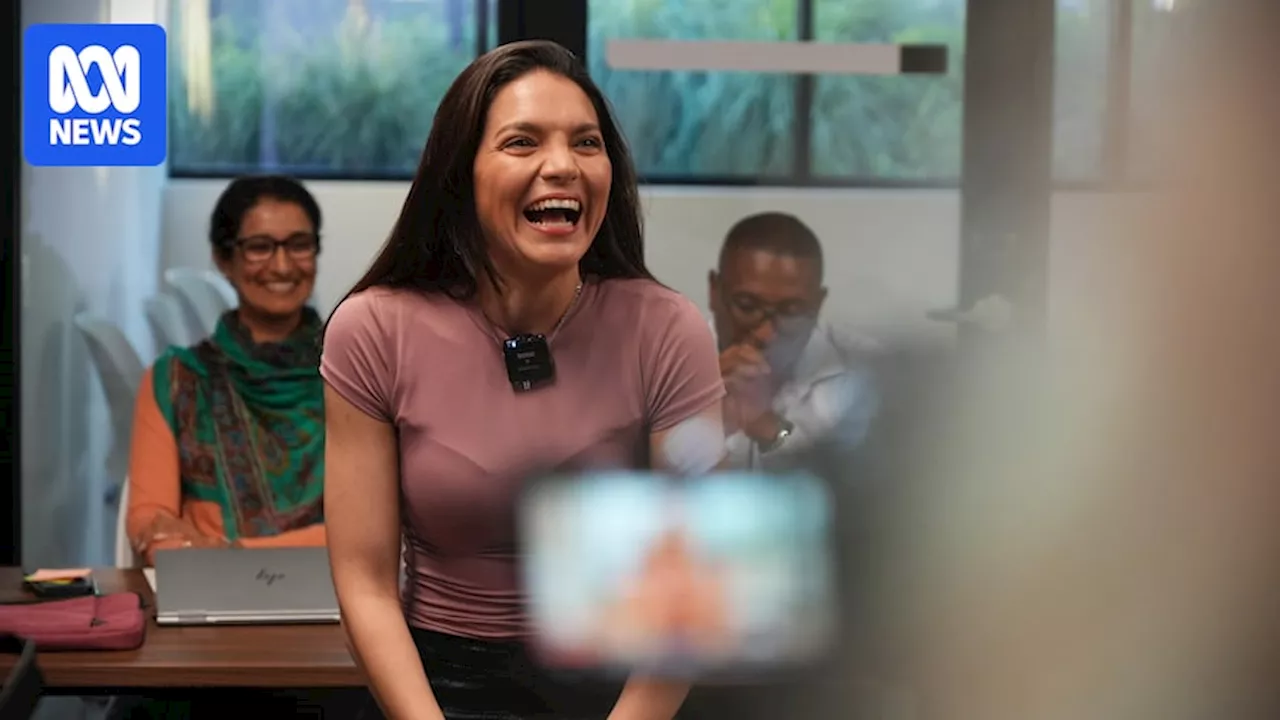 Bridging the Gap: Program Empowers CaLD Experts to Engage with MediaA new program in Perth, Australia, aims to diversify the pool of experts journalists contact by providing training and mentorship to culturally and linguistically diverse (CaLD) individuals. The Reach Fellowship, run by author Sisonke Msimang and Curtin University's journalism coordinator Glynn Greensmith, helps CaLD professionals develop their media communication skills and connect with local news outlets.
Bridging the Gap: Program Empowers CaLD Experts to Engage with MediaA new program in Perth, Australia, aims to diversify the pool of experts journalists contact by providing training and mentorship to culturally and linguistically diverse (CaLD) individuals. The Reach Fellowship, run by author Sisonke Msimang and Curtin University's journalism coordinator Glynn Greensmith, helps CaLD professionals develop their media communication skills and connect with local news outlets.
Read more »
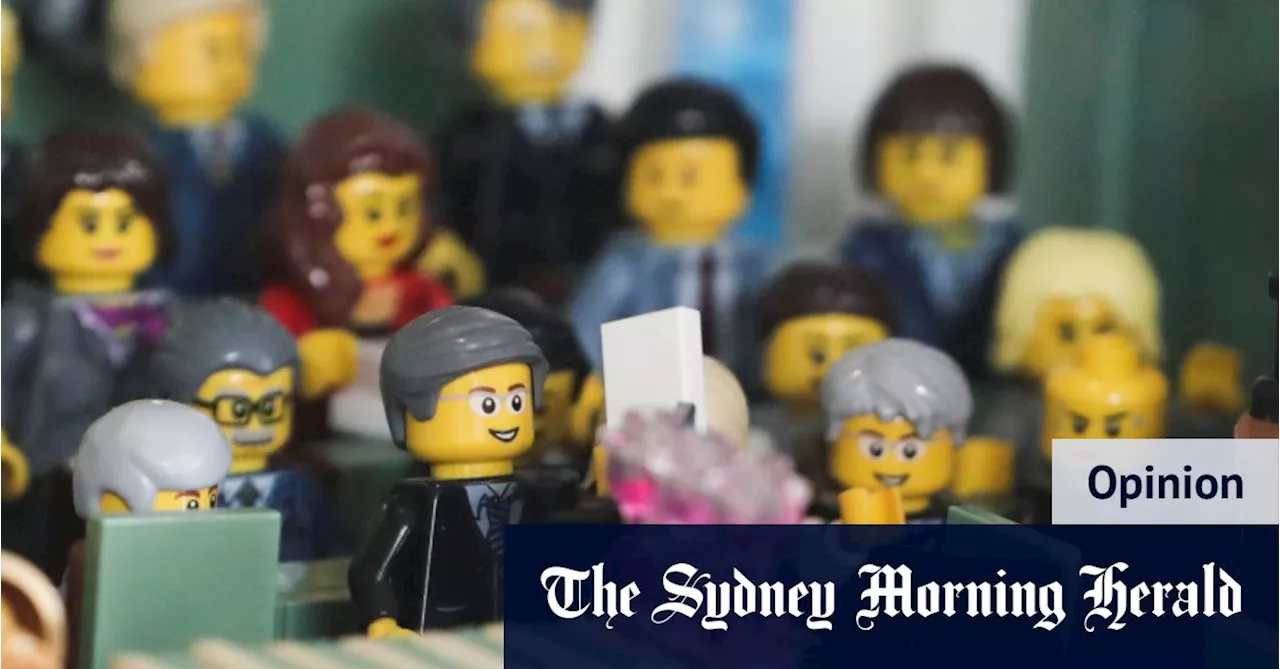 Bridging the Gap: How e61 Is Bringing Economics and Policymaking TogetherThe e61 Institute is a novel think tank that aims to bridge the gap between academic research and policymaking in Australia. Founded by economist Greg Kaplan and Labor MP Andrew Charlton, e61 focuses on attracting and developing Australian economists, particularly those who have lived overseas, and pairing their expertise with a policy focus. The institute uses microdata to offer insights into key issues facing the country, such as wage growth, caregiving costs, and supermarket competition. Its work has directly influenced policy decisions and is freely available to the public, fostering greater understanding of how economics applies in the real world.
Bridging the Gap: How e61 Is Bringing Economics and Policymaking TogetherThe e61 Institute is a novel think tank that aims to bridge the gap between academic research and policymaking in Australia. Founded by economist Greg Kaplan and Labor MP Andrew Charlton, e61 focuses on attracting and developing Australian economists, particularly those who have lived overseas, and pairing their expertise with a policy focus. The institute uses microdata to offer insights into key issues facing the country, such as wage growth, caregiving costs, and supermarket competition. Its work has directly influenced policy decisions and is freely available to the public, fostering greater understanding of how economics applies in the real world.
Read more »
 Cricket: More Than Just a Game, Bridging Cultures and NationsThe India-Australia Border-Gavaskar Trophy highlights the profound cultural and diplomatic impact of cricket, showcasing its ability to connect nations.
Cricket: More Than Just a Game, Bridging Cultures and NationsThe India-Australia Border-Gavaskar Trophy highlights the profound cultural and diplomatic impact of cricket, showcasing its ability to connect nations.
Read more »
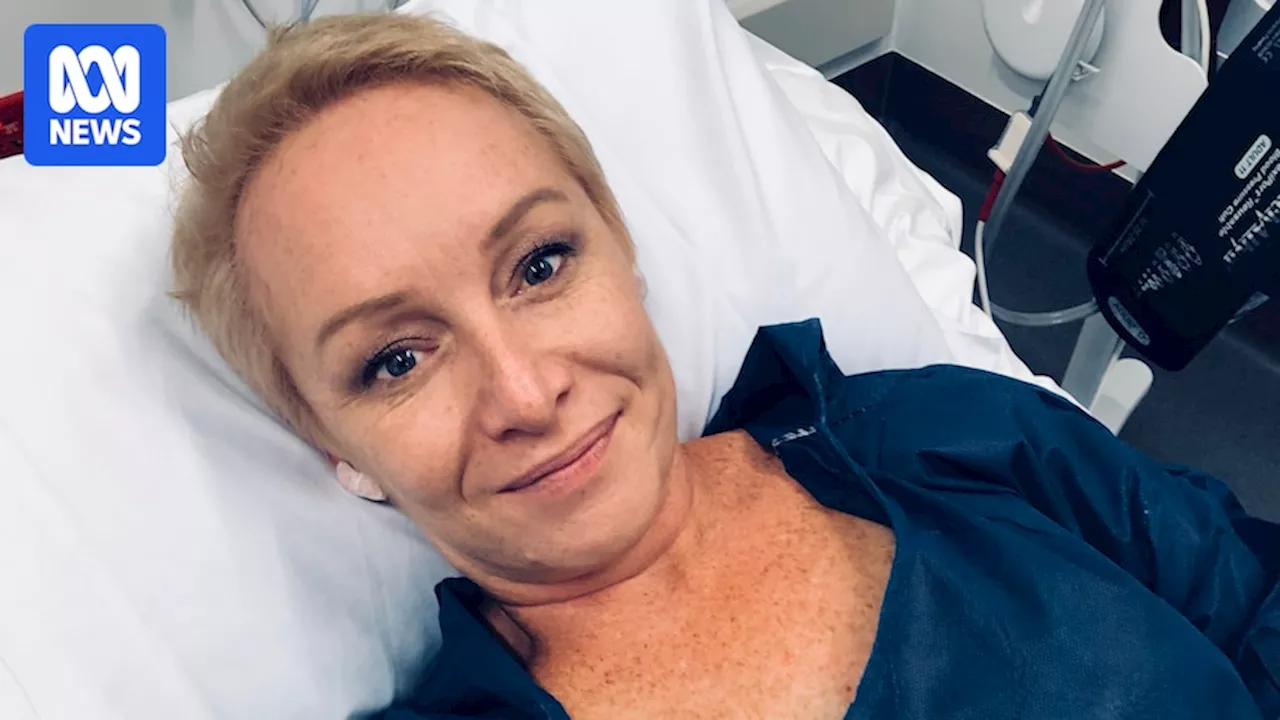 NSW Cancer Institute: Over 48% of Women Overdue for Breast Cancer ScreenThe NSW Cancer Institute highlights the alarming statistic that over 48% of women in NSW are overdue for their two-yearly breast cancer screening. The institute emphasizes the importance of regular breast screening for women over 40, particularly after hearing the personal story of breast cancer survivor Peta Wilson, who shares her experience of late diagnosis and the life-saving impact of early detection.
NSW Cancer Institute: Over 48% of Women Overdue for Breast Cancer ScreenThe NSW Cancer Institute highlights the alarming statistic that over 48% of women in NSW are overdue for their two-yearly breast cancer screening. The institute emphasizes the importance of regular breast screening for women over 40, particularly after hearing the personal story of breast cancer survivor Peta Wilson, who shares her experience of late diagnosis and the life-saving impact of early detection.
Read more »
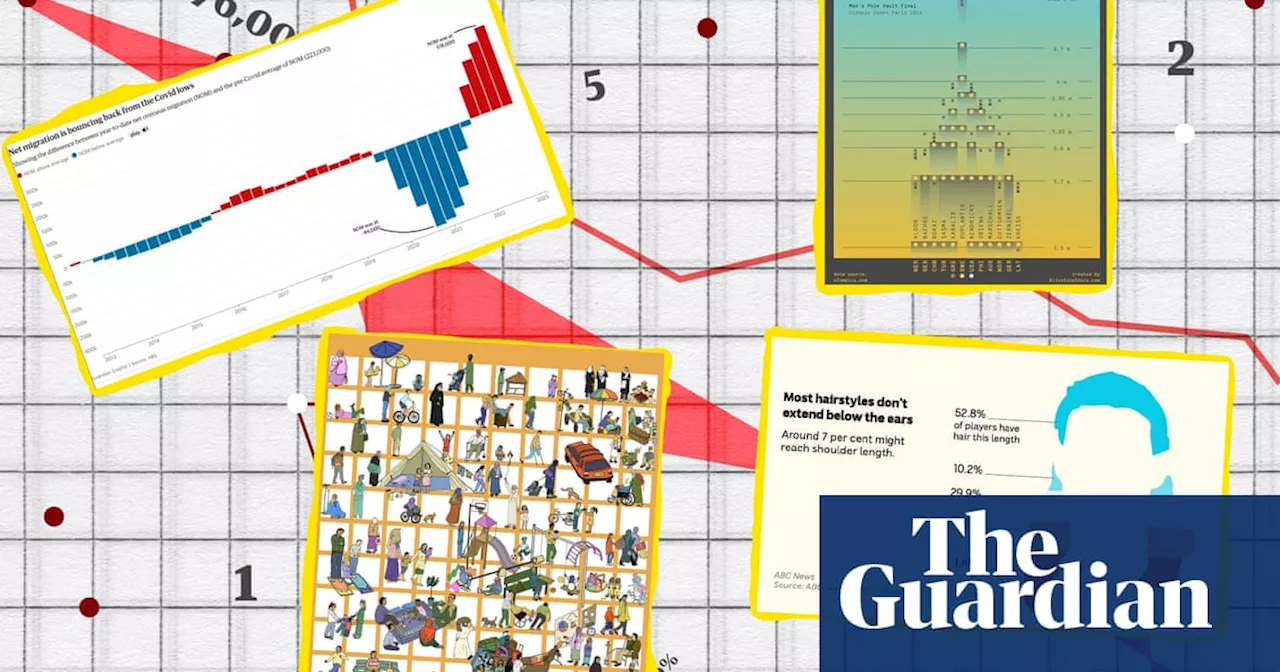 2024's Very Best Charts: From AFL Mullets to Australia's Gender Pay GapThis article highlights some of the most impactful data visualizations from 2024, covering a range of topics from Australian culture to socio-economic issues.
2024's Very Best Charts: From AFL Mullets to Australia's Gender Pay GapThis article highlights some of the most impactful data visualizations from 2024, covering a range of topics from Australian culture to socio-economic issues.
Read more »
